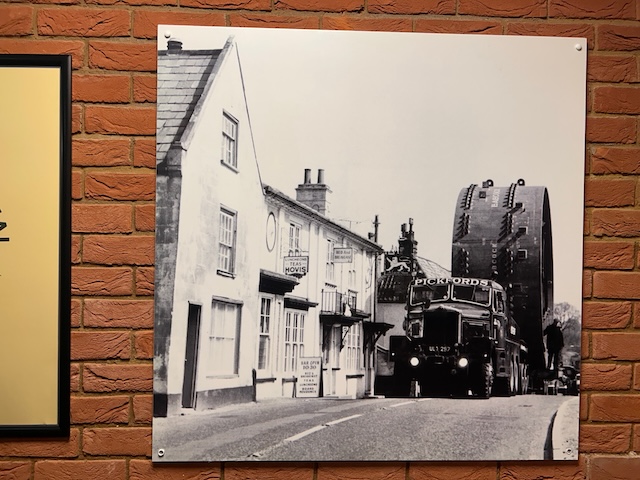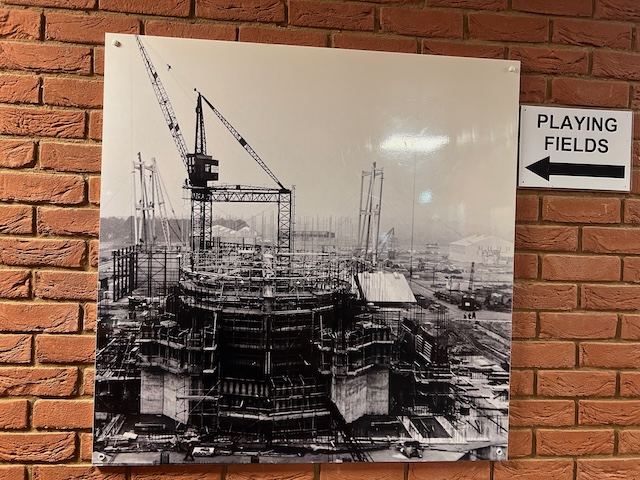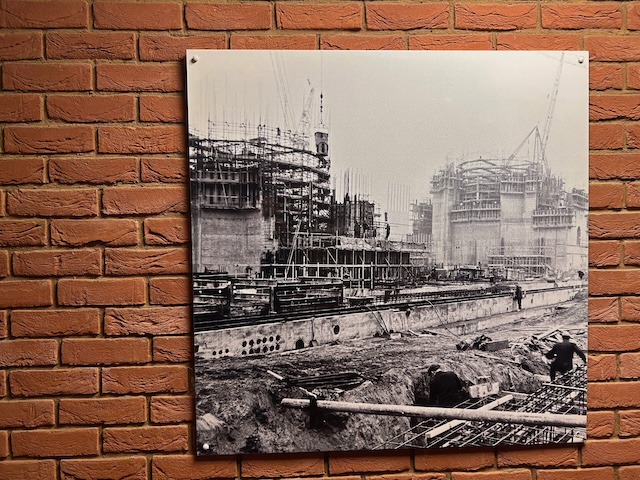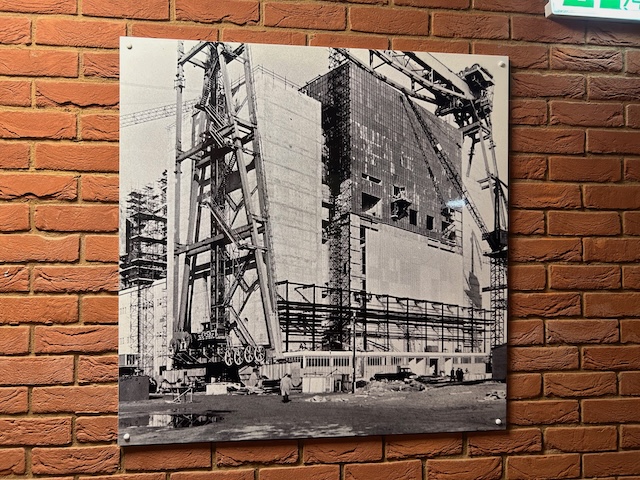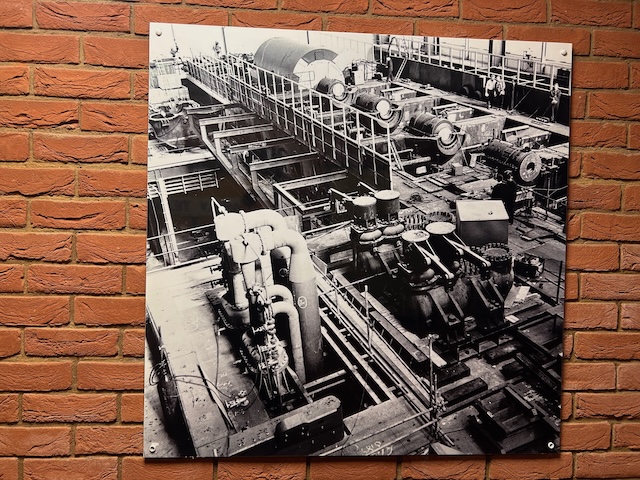The most compelling factor in considering whether to accelerate decarbonisation of construction:
- Not supply-chain readiness
- Not availability of data
- Not consistency of methodology
- Not even the economic benefit of creating an industry carbon assessors.
…but that there is still a climate emergency[1], triggered by emissions of carbon dioxide into the atmosphere, and that the construction industry is a major contributor to these emissions[2].
At a recent event on embodied carbon in new-build that I was facilitating, it was a breath of fresh air to hear this reason voiced.
We don’t need a perfect, economically viable method to reduce carbon when the downside to not taking action is so great.
1] UNEP. The Climate Emergency. https://www.unep.org/climate-emergency. Accessed 13 Nov. 2025.
2] RICS. Sustainability Report 2025. 2025, https://www.rics.org/content/dam/ricsglobal/documents/reports/Sustainability-report-2025.pdf.

